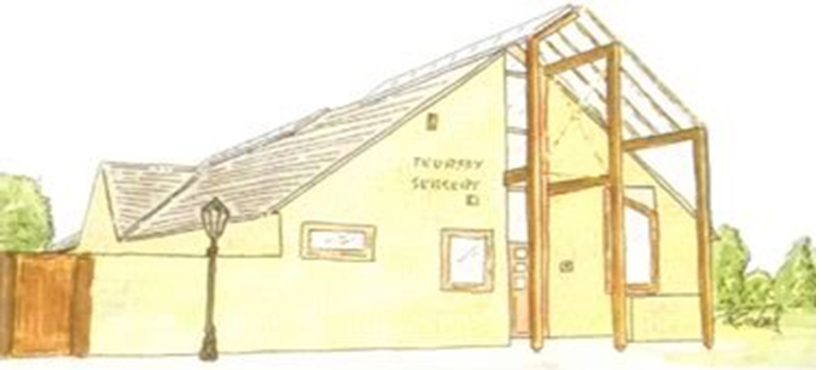Acne
What is Acne?
Acne is a skin condition that commonly affects most people at some point in their lives.
It produces spots, overly-oily skin and occasionally skin that feels hot or painful to touch
Whilst commonly associated with puberty (Mainly due to the changes in hormone levels), acne can arise at any time of your life.
Certain hormones can cause the grease-producing glands next to hair follicles to produce larger amounts of oils (Referred to as abnormal sebum)
Abnormal sebum causes a change in the activity of the normally harmless skin bacterium known as P. acnes. The change in activity causes the bacterium to become more aggressive, which become more aggressive and cause inflammation and puss.
These hormones also cause the inner lining of the hair follicle to become thicker, which causes blockages in the pores. Cleaning the skin does not help to remove this blockage.
Acne is known to run in families. If your mother and/or father has acne, it is likely that you can/will develop acne also.
Changes in hormonal levels, such as those during menstrual cycles or pregnancy can also cause episodes Acne in women.
There is no evidence that poor diet, sexual activity or hygiene can play a role in Acne
Common Symptoms
Generally (But no specifically) Acne develops around the following areas;
Face - This area is affected in almost everyone with Acne
Back - More than half of people with Acne will develop symptoms on their backs
Chest - Around 15% of people with Acne can develop symptoms in this area

Types of Spots
Papules - Small red lumps/bumps that feel tender or sore.
Pustules - These are similar to Papules (See above), but have a white tip in the Centre, caused by a build up of puss.
Blackheads - Small black or yellow lumps that develop on the skin. Despite their dark appearance, blackheads are not filled with dirt. They appear black/yellow in colour due to the inner lining of the hair follicle produces colour.
Whiteheads - Have a similar appearance to blackheads, but can be firmer and may not empty when squeezed.
Nodules - Hard/firm lumps that build up beneath the surface of the skin. Can be painful/sore.
Cysts - These are the most sever type of spot caused by Acne. They are large in appearance and filled with puss, making them look similar to boils. They can carry a greater risk of causing scarring
Things that you can try at home
The below advice may be useful if you have acne;
- Do not wash the affected areas of skin more than twice a day. Over-washing can further irritate the skin and could make the skin worse.
- Use a mild soap or cleanser, along with lukewarm water to wash the affected area. Water that is too hot or too cold can irritate the skin further.
- Avoid squeezing, popping or trying to "Clean out" blackheads and spots. This too can lead to further skin irritation and, in some cases, further scarring.
- Remove make-up completely before bed each night.
- Use water-based cosmetics and make up, these are often described as "Non-comedogentic" (This generally means that the product is less likely to clog/block the pores of your skin)
- If you suffer from dry-skin, use a fragrance-free, water based emollient
- Although regular exercise cannot improve/cure your acne, it can have a positive impact on your mood and self-esteem. Ensure that you shower as soon as you finish your exercise, to avoid further irritation caused by sweat.
- Wash your hair regularly, and avoid letting it fall across your face.
Whilst there is no known cure for Acne, you can manage the symptoms of it with treatment.
If you develop mild-acne, it is recommended that you speak with a Pharmacist, who can recommend the appropriate over the counter medication and general advice.
Pharmacies stock and sell a variety of creams, gels and lotions for treating spots. If you are unsure of which treatment is the best for you, you should speak with a Pharmacist.
Products that contain a low concentration of Benzoyl are widely recommended (Please note that these products may bleach clothing)
If your acne appears more severe, appears on your back or continues to get worse, it may need to be treated with antibiotics or a stronger cream - these are only available on prescription.
When should I speak to a GP about my Acne?
If you have mild acne, you should seek advice from/speak with a Pharmacist, as they can recommend the appropriate gels, lotions and creams to treat the acne.
If the creams, gels or lotions that were recommended by the pharmacist do not make your acne appear better, you should speak with your GP as the may be able to prescribe something stronger on prescription.
You should speak with a GP if you have moderate or severe acne, or if you begin to develop cysts or nodules (Please see above for descriptions of spot types) as these need to be treated correctly to avoid potential scarring.
Please note - Treatments for acne may/can take up to 3 months to work, do not expect overnight or instant results. Once the treatments to begin to work, the results are usually good.
We use cookies to help provide you with the best possible online experience.
By using this site, you agree that we may store and access cookies on your device. Cookie policy.
Cookie settings.
Functional Cookies
Functional Cookies are enabled by default at all times so that we can save your preferences for cookie settings and ensure site works and delivers best experience.
3rd Party Cookies
This website uses Google Analytics to collect anonymous information such as the number of visitors to the site, and the most popular pages.
Keeping this cookie enabled helps us to improve our website.

